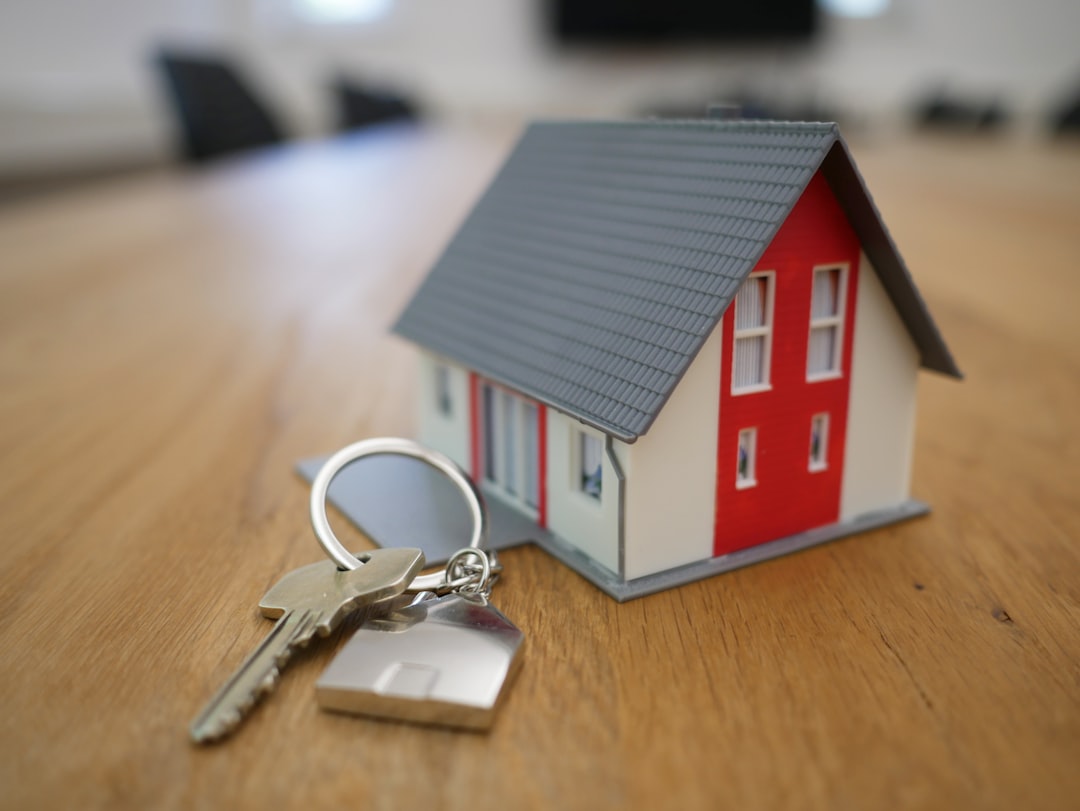
Technology and Innovation in Property Management
Posted by on 2024-10-07
Title: The Role of Technology and Innovation in Modern Property Management
In the dynamic world of real estate, property management has evolved significantly with the advent of technology and innovation. These advancements have reshaped how properties are managed, enhancing efficiency, improving tenant experiences, and optimizing operational processes. As we delve into the role of technology in property management, it becomes evident that embracing these changes is not just beneficial but essential for staying competitive in today's fast-paced market.
One of the most profound impacts of technology on property management is automation. Routine tasks that were once time-consuming and labor-intensive can now be automated through sophisticated software solutions. From processing rent payments to generating maintenance requests, automation reduces human error and frees up valuable time for property managers to focus on more strategic tasks. For instance, online payment systems allow tenants to pay their rent conveniently through secure portals, reducing late payments and administrative burdens.
Moreover, digital communication platforms have transformed how landlords interact with tenants. In the past, communication might have been limited to phone calls or face-to-face meetings; today, digital channels enable instant messaging and email notifications that facilitate timely responses to tenant concerns. This not only improves tenant satisfaction but also enhances transparency and trust between both parties.
Another significant technological advancement in property management is the use of data analytics. With access to vast amounts of data collected from various sources such as rental histories, maintenance records, and market trends, property managers can make informed decisions about pricing strategies, renovations, and marketing efforts. Predictive analytics tools help anticipate future needs or potential issues before they arise by identifying patterns that might otherwise go unnoticed.
The introduction of smart home technologies has also revolutionized residential properties by offering enhanced security features like smart locks and surveillance cameras controlled remotely via smartphone apps. Additionally, energy-efficient systems such as smart thermostats contribute towards sustainability goals while helping residents save on utility bills—a win-win situation benefiting both landlords seeking green certifications for their buildings as well as environmentally conscious tenants looking for eco-friendly living spaces.
Furthermore, virtual reality (VR) tours have become increasingly popular among prospective renters who want an immersive experience without physically visiting multiple locations—a trend accelerated by social distancing measures during recent years’ global events like pandemics impacting travel capabilities worldwide drastically affecting business operations across sectors including housing facilities demand shifts accordingly too!
Lastly but certainly not least important consideration when discussing innovations within this field involves cybersecurity measures implemented ensuring sensitive information remains protected against unauthorized access breaches potentially causing harm stakeholders involved transactions conducted digitally more frequently than ever before necessitating robust protection protocols being established maintained consistently throughout entire lifecycle asset ownership transfer processes alike safeguarding interests all parties concerned equally diligently responsibly always paramount concern forefront mindsets industry leaders paving way forward challenging times ahead undoubtedly requiring continual adaptation resilience remaining relevant cutting-edge advancements continually emerging horizon shaping tomorrow’s landscape anew each passing day inexorably so indeed!